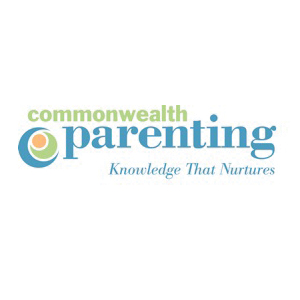Q: I asked my brother what his three-year-old wanted for Christmas and he said that all his little girl does is play on his iPad. Do you have any advice for parents who think that’s okay?
A: I stand with the American Academy of Pediatrics regarding screen time. Their guidelines recommend that children under five have little to no screen time. We know that children need sensory motor play in the first five years of life. Play dough, finger paint, water play, blocks, and puzzles are all good examples of appropriate play activities for a three-year-old. You might share this information with your brother or have him take a look at Failure to Connect by Jane Healy. Healy is a well-respected writer in the field of child development and she makes a good case for why screens are not in the best interest of a young child. While you may not be able to influence your brother on this, you can certainly give your niece more creative and inspired toys when Christmas comes along.
Q: I have a good friend who just had her fourth baby and there is something different about her this time. I suggested she speak to her doctor about postpartum depression and she snapped back at me that she never had that before and it’s all nonsense anyway. Is there anything I can say to help her see things differently?
A: Whether you call it postpartum depression, postnatal depression, or baby blues, many women struggle with hormonal imbalance for some period of time after giving birth. It is difficult to know exactly how many, but it is estimated that up to 75 percent of women who suffer from the disorder go undiagnosed. The most common symptoms range from an overall sadness, loss of appetite and libido to an inability to bond with and care for their infant. Risk factors include a prior history of depression, lack of sleep, severe PMS, or stress in the environment. Women need to understand that this depression is not a character flaw but a bio-chemical condition.
Your intention was to be supportive, but your friend took it as a criticism and became defensive. What strikes me in your question is the comment that “this time is different.” You observed that she is struggling more this time than she did with her previous births. Postpartum depression can become very serious for both mother and baby if not recognized and treated early. With four children to care for, your friend may feel she just needs to go on auto-pilot and marshal on. I have a few suggestions for ways that you can lend support. Why not offer your guest room as a place to run away from home for a night and get a night of undisturbed sleep? Another idea would be to get some friends to pitch in and treat her to a night in a hotel where she can have a mini-vacation. Sleep deprivation is one of the biggest contributors to postpartum depression; a break from her kids and a really good night’s sleep could be therapeutic. Exercise is another good buffer against depression. Maybe you could become walking buddies. Meet her for an hour of brisk walking when her husband (or a friend or neighbor) can be with the kids. Finally, if you continue to see signs that concern you or her condition worsens, you may need to advise her husband or other close family member of your concern. Others may also see the signs but are not sure what to do. The next step would be to have your friend speak to her doctor. With the appropriate treatment, postpartum depression usually lifts in about six months and most women are able to put it behind them and regain their emotional balance.




